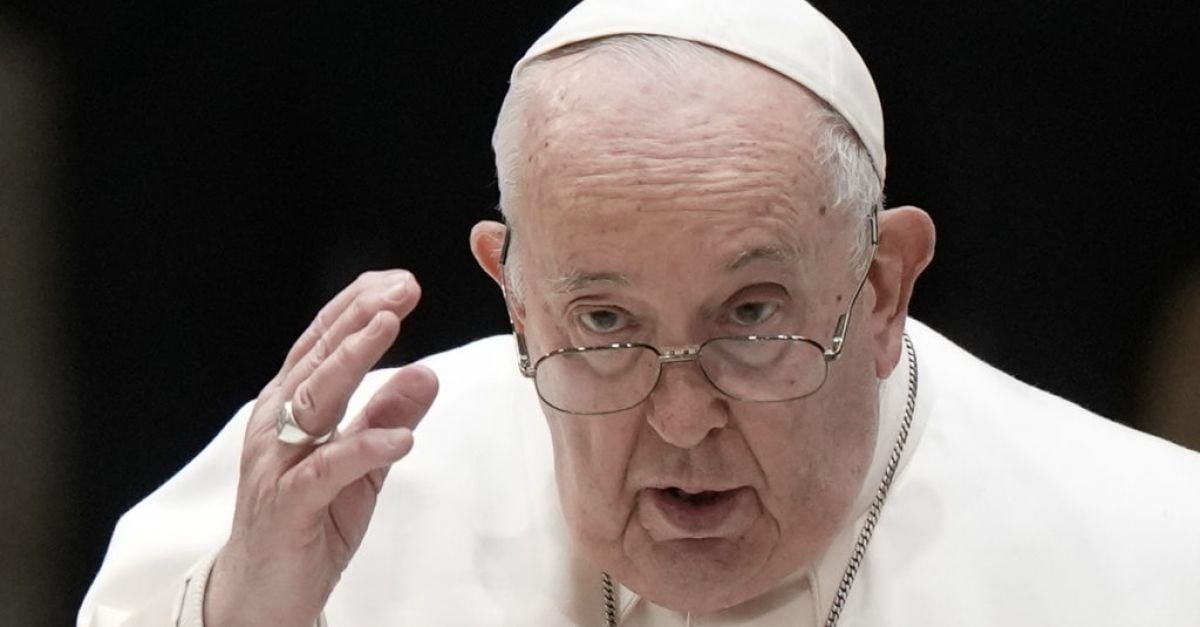(Bloomberg) — China’s No. 3 leader took a veiled swipe at the US at the annual Boao Forum on Thursday as the country seeks to push back against the global influence of the world’s leading power while trying to steady the countries’ ties at the same time.
Most Read from Bloomberg
“Hegemonic and bullying acts are deeply harmful,” Zhao Leji said in his keynote speech attended by Asian leaders and global diplomats. “We must oppose trade protectionism and all forms of erecting barriers, decoupling or severing supply chains.”
The four-day Boao gathering, dubbed by some Asia’s version of the World Economic Forum at Davos, will end on Friday, when senior corporate executives and officials are set to meet to discuss issues including globalization to carbon pricing.
Latest developments (time in Boao, Hainan):
Economy Still ‘Relatively Weak,’ PBOC Adviser Says (5:28 p.m.)
The world’s second-largest economy still faces problems of inadequate demand and weak confidence, Huang Yiping, an adviser to China’s central bank, said.
China’s regulatory tightening has also hurt business confidence, Huang said.
Belt and Road Funding Sought for Green Projects (5 p.m.)
Nations including Colombia and Laos pitched environmentally friendly projects at a round-table discussion that included finance and engineering figures from Chinese companies.
Colombia is seeking support for two massive railway projects designed to connect its remote central region to its ports and borders, to be powered by hydrogen and electric locomotives. The country has historically spent the vast majority of its transport budget on roads but aims to shift that to less than 50% over the next few years as it boosts spending on railways, airports and river travel, said Carlos Eduardo Enriquez Caicedo, the vice minister of transport.
Laos is looking to build on the success of the China-Laos railroad, which connects Kunming and Vientiane and went into operation in 2021. The government is hoping rail access will draw Chinese firms to relocate parts of their supply chain to the Southeast Asian nation, as well as investing in agricultural projects along the route and clean energy programs elsewhere in the country, said Phonevanh Outhavong, vice minister of planning and investment.
Boao’s organizers plan bilateral meetings on Thursday and Friday to see if investment matches can be made.
West Dismisses China’s Initiatives at Their Peril: Author (3:30 p.m.)
After a panel devoted to security, Bill Hayton, an Asia expert at Chatham House and author of The Invention of China, said Western countries have tended to dismiss the Global Security Initiative and other projects as “slogan politics.”
“That’s because policymakers in the industrialized countries think they rule the world, controlling powerful institutions like the International Monetary Fund and the World Bank,” he said.
Such an approach is risky, he added. “The European powers, NATO states, Japan and Australia have got to realize there’s a wider game being played here and that China is doing a very good job of talking to Africa, Latin America and other Asian states.”
Read More: Sri Lanka Confident It’ll Meet Conditions for IMF Funding Soon
Consumption Key to China’s Transition: IMF Official (1:45 p.m.)
Consumption is expected to continue to play a pivotal role in China’s transition to a high-quality development model in the coming years, as the world’s second-largest economy cuts its reliance on real estate for growth, according to Steven Barnett, senior resident representative of the International Monetary Fund in China.
In the past year, the economy experienced a “welcome and necessary correction” in the property sector while consumption has emerged as the largest contributor to the country’s economic expansion, he said.
CanSino Will Talk to AstraZeneca About Further Cooperation: CEO (10:30 a.m.)
CanSino’s partnership with AstraZeneca for developing mRNA vaccines is a strategic one that doesn’t focus on just a single product, said CEO Yu Xuefeng in an interview with Bloomberg News.
Yu refused to disclose details of the partnership but said he will have a “fuller discussion” with Astra at Boao about “other potential opportunities”
AIIB Chief Says China, US Can Work Together (8:30 a.m.)
The US and China have “broad scope for cooperation, and in particular, dealing with climate change,” Asian Infrastructure Investment Bank President Jin Liqun told Bloomberg TV. In dealing with geopolitical issues, “big countries can sit down and talk with each other and lower the temperature,” he said.
Jin also gave his take on China’s “new productive forces,” the phrase used by Beijing officials to describe their latest investment priorities. He said the drive aims to develop capabilities in high tech, AI, bioscience and other “high-level” industries that are different from traditional manufacturing and will allow China’s growth to “move forward on a different kind of level.”
Japan, US, China Speak ‘Same Language’ on Climate (8:10 a.m.)
Japan, the US and China — the three biggest owners of the Asian Development Bank — are united in their desire to see the lender expand its role in green financing, according to Scott Morris, the bank’s vice president for East and Southeast Asia and the Pacific.
“We don’t see a lot of daylight between their positions on this issue of core mandate, the desire for us to do a lot more on climate, they’re all speaking the same language on this,” Morris told Bloomberg TV.
There is concern that geopolitical conflicts “could slow the pace of deployment or raise costs more than we would like to see,” he said.
–With assistance from Dong Lyu, Jason Rogers, Katia Dmitrieva, Martin Ritchie, Zheng Li, Ocean Hou, Mengchen Lu, Adrian Wong, Ben Westcott, Lucille Liu, Alan Wong and Grace Sihombing.
Most Read from Bloomberg Businessweek
©2024 Bloomberg L.P.
Signup bonus from




